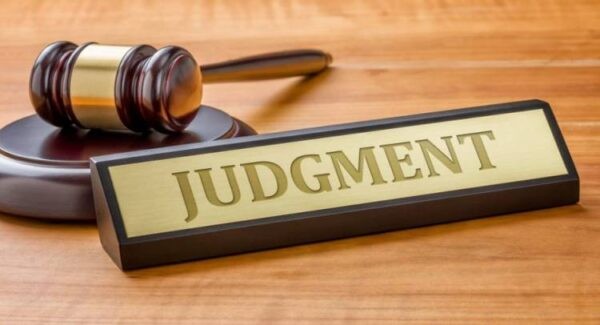
Why Seek a Civil Judgment Against a Debtor?
September 20, 2023Bad debts are a dime a dozen. So are the debtors responsible for them. Creditors have options, including filing lawsuits seeking civil judgments. Despite the potential drawbacks of seeking a civil judgment, taking debtors to court does have its advantages.
For the record, civil courts do not render verdicts. They do not establish guilt or innocence. Rather, liability is the question in civil court. A debt collection case revolves around two things: the legitimacy of the debt and who is liable for it. Judgments settle both issues.
Establishing a Debt Legally
One of the main reasons for seeking a civil judgment against a debtor is to legally establish the legitimacy of that debt. Winning a judgment is a matter of proving that the debt exists and that paying it is the defendant’s legal obligation. Such legal establishment opens the door to a variety of collection efforts that are otherwise unavailable.
The one thing that obtaining a civil judgment does not do is guarantee payment. Where a criminal court judge can throw a convicted criminal in prison, civil courts do not take enforcement actions on their own. They leave enforcement to judgment creditors. Courts only get involved down the road when creditors file additional petitions, like those seeking writs of seizure for example.

Accessing Enforcement Options
As far as opening the door to different collection efforts, the available options differ from one state to the next. Judgment Collectors, of Salt Lake City, UT, says the most common options available in most states are the following:
- Garnishment – Most states allow wage garnishment as a means of collecting an unpaid judgment. Some also allow garnishing bank accounts. The downside is that garnishment does not produce a lot of money. It could take a long time to pay off a sizable debt with garnishment alone.
- Property Liens – Property liens are another option in most states. A creditor would put a lien on a debtor’s house, or another tangible asset, preventing that person from selling or transferring the asset without paying back the debt.
- Property Seizure – An option of last resort in many states is property seizure. Real property, like real estate and automobiles, can be seized and sold to satisfy the debt in question. States differ in terms of what types of property they permit for seizure.
The point in mentioning all of this is to say that garnishment, liens, and property seizure are not possible without a judgment. In the absence of a judgment, you are looking at one person’s word against another’s. But a judgment is legal recognition of a debt’s legitimacy. That is what makes the real difference.
You Have to Be In It for the Long Haul
Although seeking a civil judgment against a debtor can be the best move a creditor makes, civil litigation does have its downsides. Chief among them is the fact that enforcement is rarely easy. It is not like debtors are waiting outside the courtroom with checkbooks in hand. If they were so willing and able to pay, civil litigation would never have been necessary.
You need to be willing to work long and hard to get paid. You need to be in it for the long haul. Otherwise, you could go to all the effort of obtaining a civil judgment and never see a penny from the debtor. Then you are left both frustrated and somewhat poorer.
On the other hand, a civil judgment could be the only thing that compels a debtor to pay up. The threat of further enforcement actions could be the secret sauce that leads to making good on the debt.












